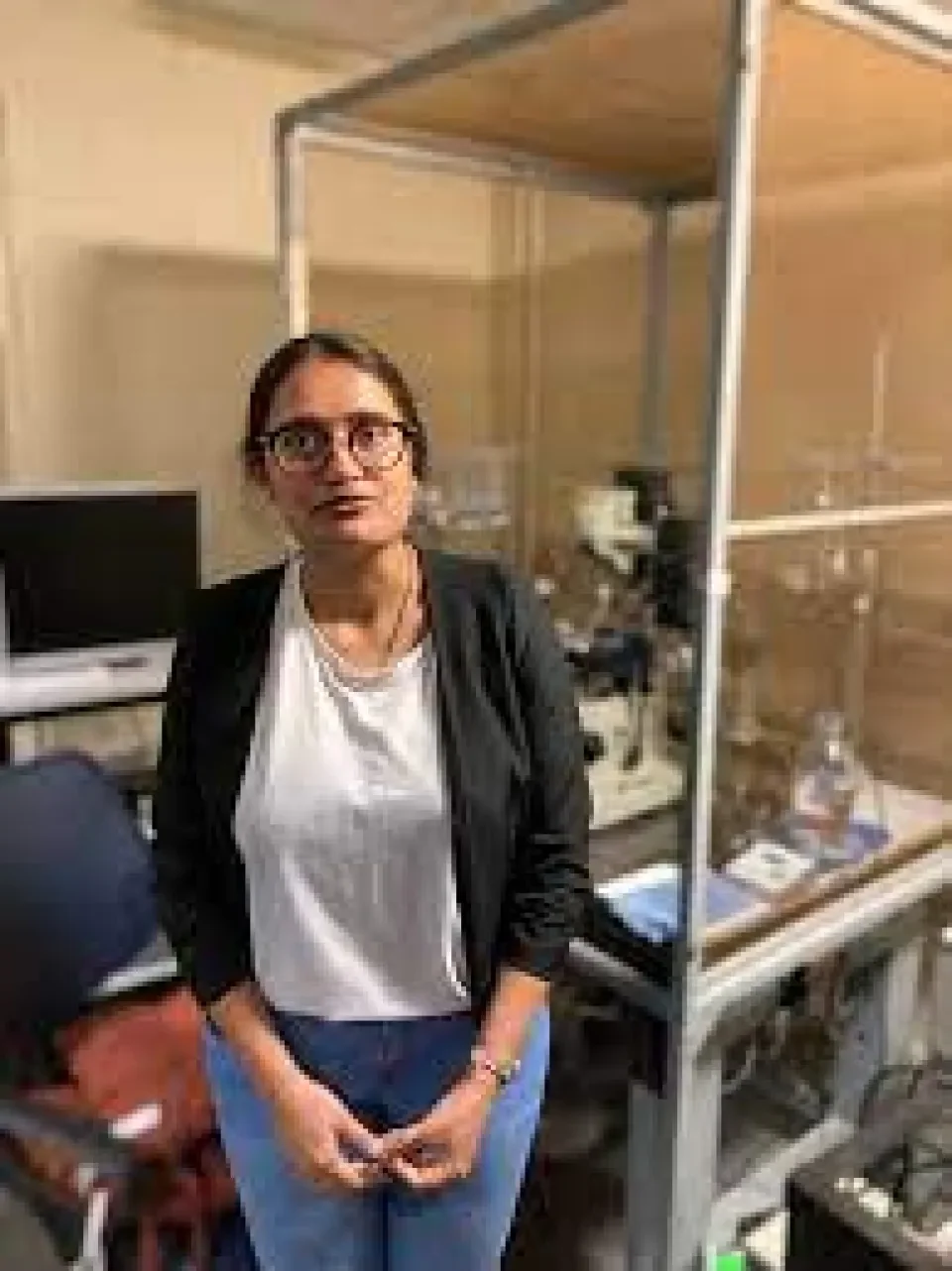

European Association for Cancer Research Conference

DCU Cancer Research
Dr Alex Eustace, Anita White, Dr Rabab Kaneez and Arnau Cuy Sacs, SoBT, are presenting their work at the annual European Association for Cancer Research Conference in Turin in June 2023.

Anita White, SoBT
Anita will be presenting her poster on targeting TP53 mutant cancers with inhibitors of ATM and ATR kinases in combination with cisplatin. Her study aimed to determine the anti-cancer effect of inhibiting the DNA damage response in TP53 mutant cell lines using inhibitors of ATM and ATR kinases. Her results demonstrate that the combination of drugs has strong pro-apoptotic effects. She also identified an optimal schedule of the drugs which retained the strong apoptotic effect but hopefully allowed administration of the drugs without any associated toxicity.

Arnau Cuy Sacs, SoBT
Arnau is presenting his poster on novel non-coding mutations which occur in HER2-positive breast cancer patients. Arnau has identified a mutation in the non-coding region of the ERBB2 amplicon which is present in approximately 15% of HER2-positive breast cancer patients (n=73). Analysis in vitro has found that this mutation results in an increase in luciferase reporter assay expression, indicating a potential role of the mutation in transcriptional regulation. Further in vitro analysis has found that cell lines which have the mutation are more sensitive to drugs which target the DNA damage response pathway or those that target JNK2 signalling. He has conducted extensive in vitro analysis and identified a novel combinatorial treatment for HER2-positive breast cancer cell lines which harbour this mutation.

Dr Rabab Kaneez, SoBT
Rabab is presenting her poster on the role of TP53 mutations in regulating calcium channel signalling. Rabab has found that TP53 mutations which occur in approx 80% of triple negative breast cancers, are associated with altered calcium channel signalling. This effect on calcium channel signalling results in TNBC cells being more resistant to apoptosis and hence being more aggressive. Rababs results have found that when we restore the function of TP53 in some TNBC cells, it results in increased cancer cell apoptosis. This effect is due to a restoration of calcium channel signalling.
